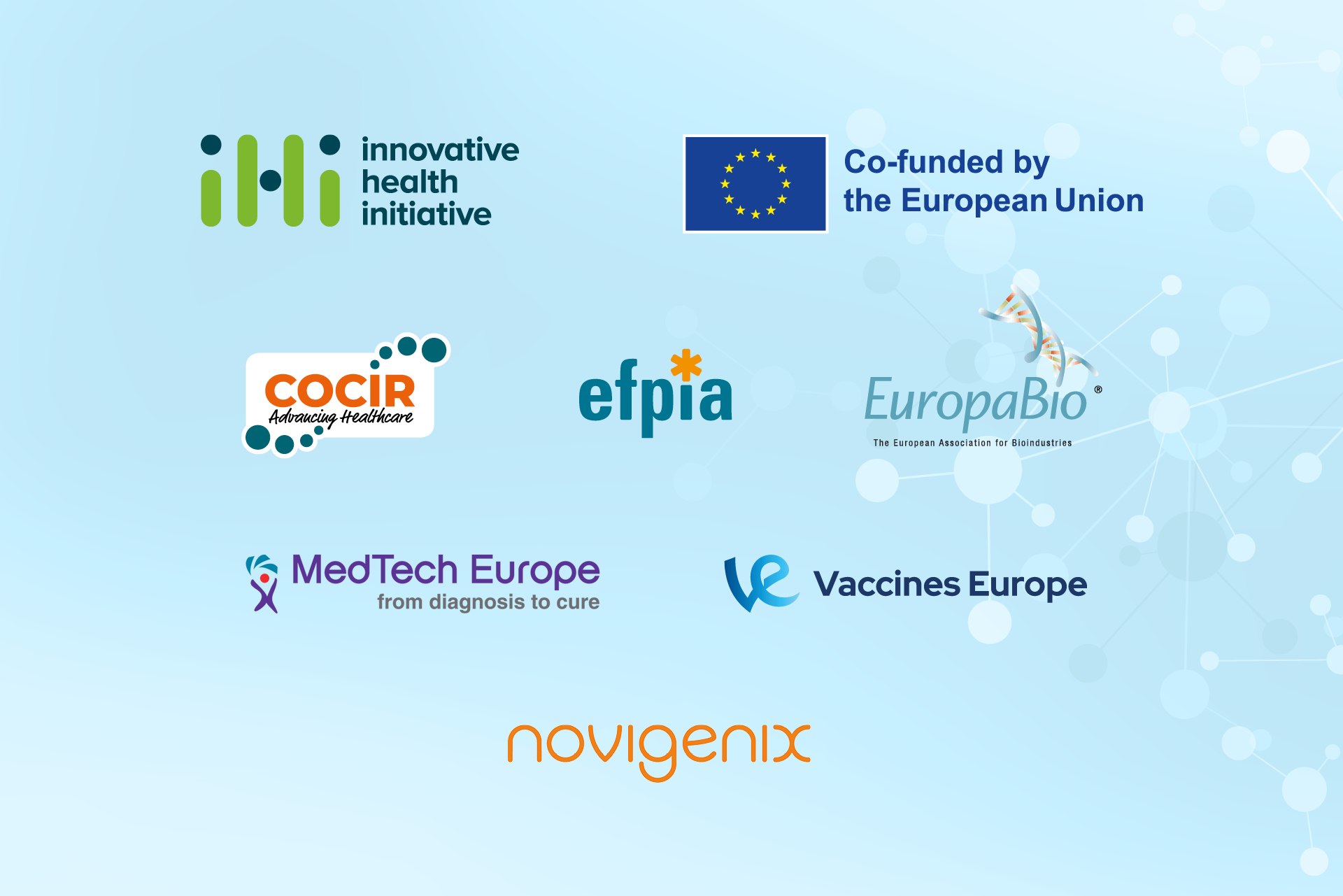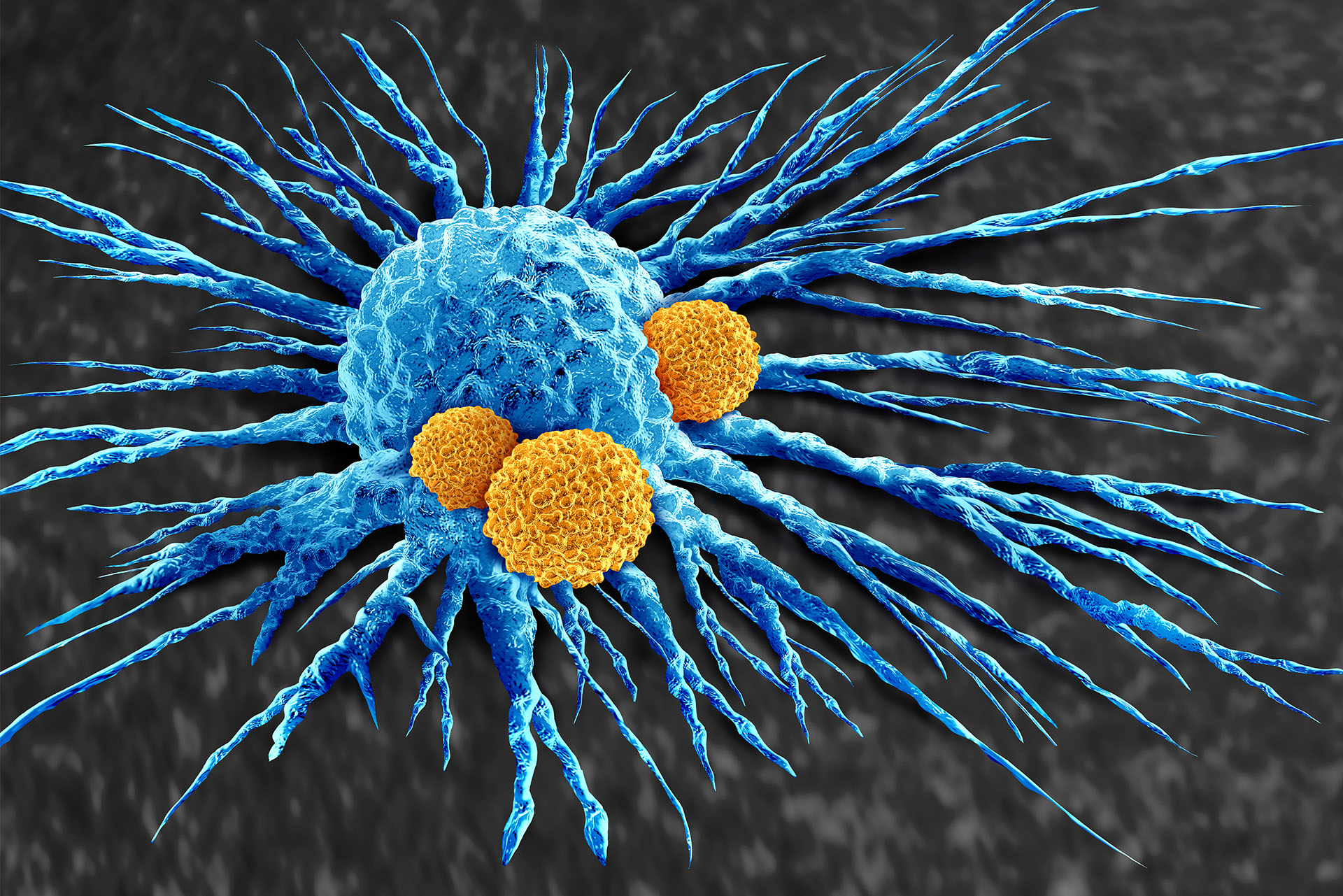Recent research in the New England Journal of Medicine highlights significant advances in colorectal cancer (CRC) screening. Novigenix leads this innovation with our unique approach that combines liquid biopsy, AI, and RNA analysis, promising a transformative impact on early cancer detection.
Colorectal cancer is a major global health concern, projected to rise by 63% by 2040. Despite current screening recommendations, adherence remains low. Studies like ECLIPSE and PREEMPT CRC show promising blood-based detection methods.
Novigenix’s Colox test and LITOSeek™ platform enhance early-stage detection through non-invasive methods, aiming to improve patient outcomes. Discover how we’re revolutionizing CRC screening and download our full scientific document now.
By Pedro Romero, Chief Medical Officer, Novigenix.


